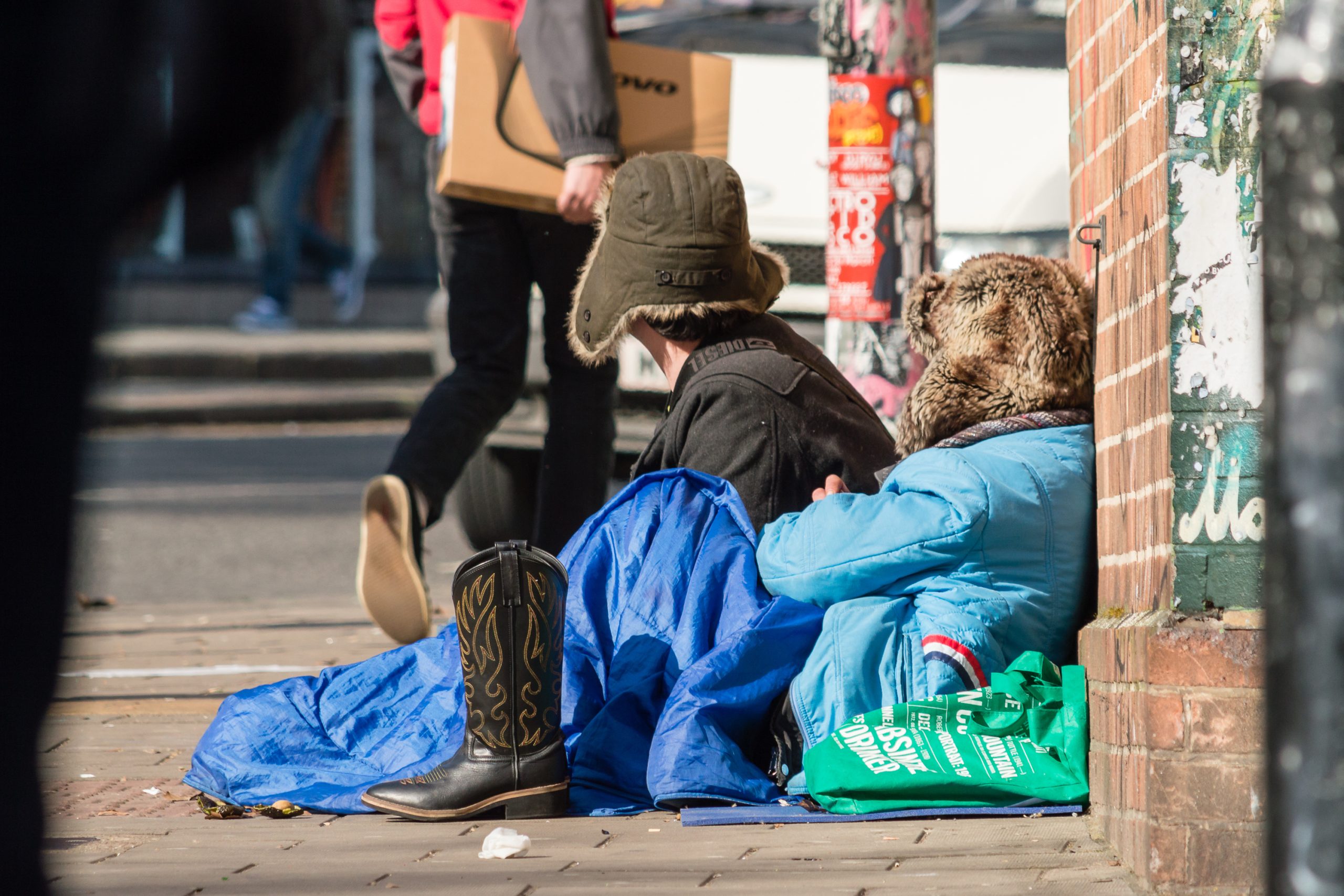Electric Wallpaper Trialled as Green Heating Alternative

Electric wallpaper is being piloted in 12 tenement properties in Glasgow to assess its effectiveness as a clean heat source, as part of a project led by the University of Glasgow, University of Strathclyde, West of Scotland Housing Association and Glasgow City Council – with recent funding from Scotland Beyond Net Zero.
Scotland’s homes are among the oldest in the world and the worst insulated in Europe, which contributes to their high carbon footprint. Heating buildings is a major contributor to carbon emissions in Scotland and across the UK, accounting for more than 36% of total emissions.
The average Scottish home loses heat three times faster than homes in many European countries, and gas central heating – which relies on fossil fuels – is the most common heating system.
Dr Ahmad Taha from the University of Glasgow and Dr Alejandro Moreno-Rangel from the University of Strathclyde are working with West of Scotland Housing Association and Glasgow City Council to explore the feasibility of electric wallpaper as a viable, eco-friendly replacement for gas central heating.
The technology, which uses the Internet-of-Things and AI-enabled data analytics to collect information on efficiency, comfort, and tenant’s feedback, is being piloted in properties owned and managed by West of Scotland Housing Association.
Effectively heating Glasgow’s tenement flats is vital to reaching net zero
Andrew Kubski, Director of Development and Asset Management for West of Scotland Housing Association said: “We have been trialling this technology for a few months now and have had excellent feedback from our tenants where this has been installed.
“We are delighted to have the opportunity to work with both the University of Glasgow and University of Strathclyde to bring a thorough academic lens to the effectiveness of the electric wallpaper.”
Councillor Ruairi Kelly, Convener for Neighbourhood Services and Assets at Glasgow City Council, added: “Glasgow has around 70,000 tenement flats, so finding new solutions to more efficiently heating them is vital to reaching a net zero future.
“Innovative pilot projects such as this are vital when considering how best to help tackle the issues of energy costs and emissions in Glasgow’s homes.”
The project is funded by Scotland Beyond Net Zero
Funded by Scotland Beyond Net Zero – a coalition of leading climate and sustainability experts from Scotland’s universities – this trial is one of eight new research collaborations aimed at accelerating Scotland’s transition to net zero. Each project involves cross-sector collaborations to address sustainability challenges in energy, finance, food, the built environment, natural systems, and transport.
Professor Lisanne Gibson, Vice-Principal of Research at the University of Dundee and Chair of Scotland Beyond Net Zero’s seed fund committee said: “Scotland’s ambitious net zero targets demand a bold and integrated approach.
“The seed fund was designed to strengthen cross-institutional research partnerships between Scotland’s universities and external organisations, including community groups, government bodies, and the private sector. This will ensure robust research directly informs industry practice and innovation.
“These projects are a crucial step in our journey towards a more sustainable and equitable future, not just for Scotland, but globally.”
Other funded projects include a collaboration between the University of St Andrews and the University of Aberdeen, working with a Scottish SME to study hydrogen energy production from plastic waste. This project aims to reduce waste from plastics and advance the development of a circular energy economy.
A project, involving the Wester Ross UNESCO Biosphere, Dundee City Council, Dundee International Women’s Centre, working with the University of Edinburgh and the University of Dundee will explore the lived experiences of women in deprived communities in Tayside and will use the findings to inform a just transition in Scotland.

